Harrods was accused of a “systematic failure of corporate responsibility” by a lawyer representing alleged victims of Mohamed Al Fayed, following a slew of claims of sexual assault against the late former owner of the London department store, including rape.
Dean Armstrong KC, representing some of the alleged victims, said in a press conference in London on Friday: “This is and was a systematic failure of corporate responsibility and that systematic failure is on the shoulders of Harrods.
“We are not going to get into a situation where there is any room for anyone to seek to avoid responsibility,” he added, “so we pursue Harrods and we focus on Harrods at this stage because of the collective responsibility.”
His comments came after the BBC broadcast the allegations against Al Fayed in a documentary and podcast about the businessman, who died last year aged 94. His son Dodi was killed alongside Diana, Princess of Wales, in a car crash in Paris in 1997.

More than 20 women alleged to the BBC that they had been sexually assaulted by the billionaire, with five alleging they had been raped. The women, who worked at Harrods from the late 1980s to the 2000s, said the alleged assaults were carried out at the company’s offices, in Al Fayed’s London apartment or on trips abroad. In the exposé, the BBC claimed that Harrods failed to intervene and also helped cover up allegations against Al Fayed.
Al Fayed owned and controlled Harrods between 1985 and 2010, when he sold it to a Qatari sovereign wealth fund for a reported £1.5bn.
Armstrong, who is part of the legal team retained by a number of alleged victims alongside US lawyer and women’s advocate Gloria Allred and barrister Maria Mulla, added that any prospective legal proceedings were not about financial compensation but about “much, much more”.
“If Harrods feel that they ought to compensate women financially for what they’ve done and how they failed them, then, of course, that is something which we would welcome. But we are not going to sit here and accept any suggestion that we are only interested in money,” he said.
On Thursday law firm Leigh Day, which is representing an individual alleged to have been subjected to trafficking, rape and abuse by Al Fayed, said it was also looking at possible claims, including against Harrods. The firm is working with US law firm Motley Rice. Harrods said it would not comment on individual claims.
The retailer said on Friday it had accepted “vicarious liability for the conduct of Al Fayed” in order to settle claims that had been brought to Harrods’ attention since 2023, adding it “has reached settlements with the vast majority of people” who approached it.
Harrods declined to comment on the amount paid to women who alleged sexual misconduct, and said no claims were outstanding at the time of the documentary airing.
“Harrods has received new enquiries since the broadcast which we will deal with swiftly and carefully,” the company added, saying “there were no [non-disclosure agreements] attached to these settlements” and it would not seek to enforce “any NDAs that relate to alleged sexual abuse by Al Fayed that were entered into during the period of his ownership”.
In a statement on its website in response to the documentary, which aired on Thursday, the group said it was “utterly appalled” by the allegations. The company added that “during this time his victims were failed and for this we sincerely apologise”.
“While we cannot undo the past, we have been determined to do the right thing as an organisation, driven by the values we hold today, while ensuring that such behaviour can never be repeated in the future.”
Harrods said it was “a very different organisation to the one owned and controlled by Al Fayed between 1985 and 2010”.
Meanwhile, London football club Fulham FC, owned by Al Fayed from 1997 until 2013, said it had been deeply troubled and concerned by the reports in the documentary.
“We have sincere empathy for the women who have shared their experiences,” the club said. “We are in the process of establishing whether anyone at the club is, or has been, affected.”
Mulla was quoted by the BBC as saying the legal team were not representing any women in connection with Fulham. “But our investigations are obviously ongoing into all these entities that he had an involvement in.”

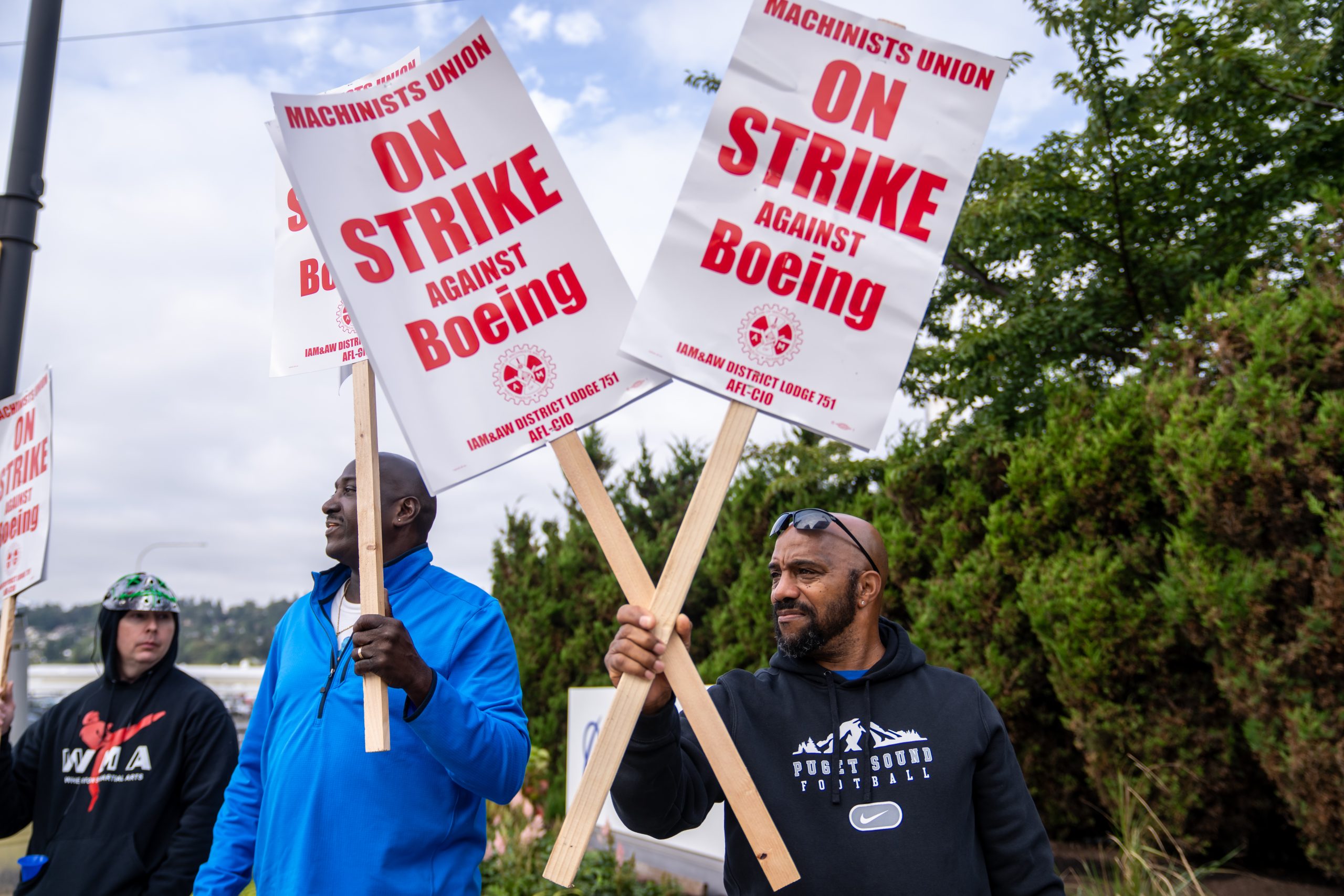



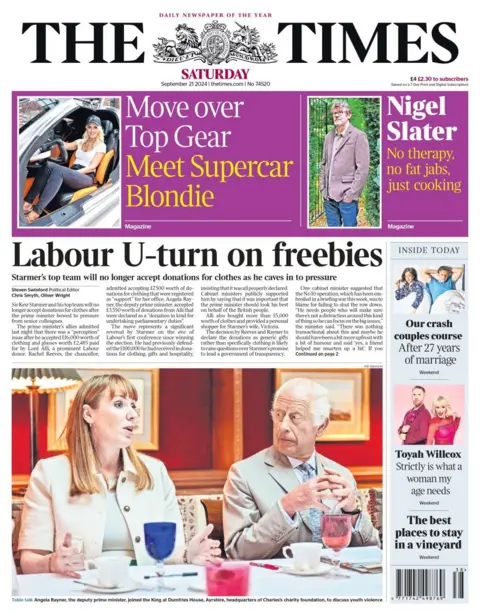










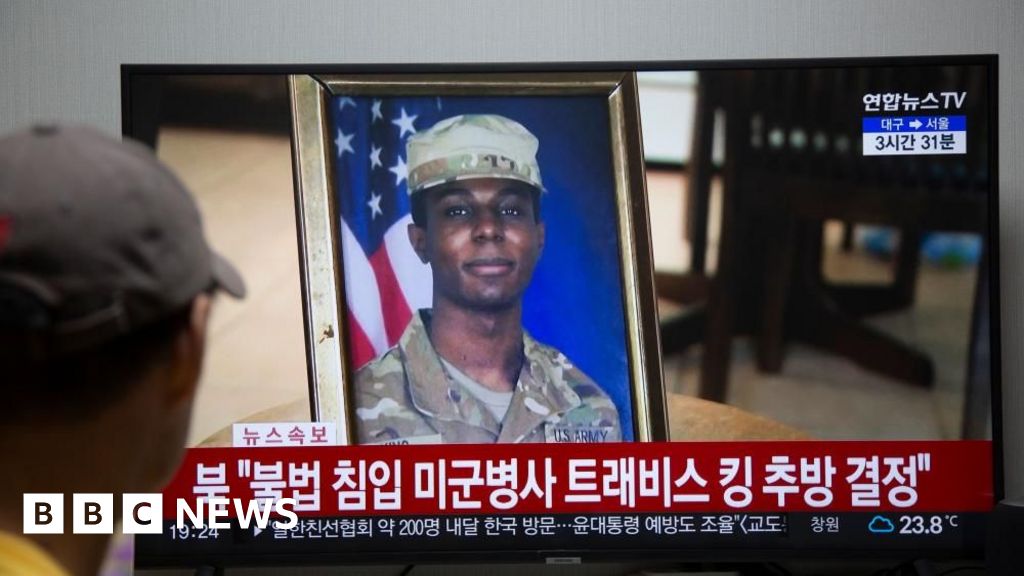
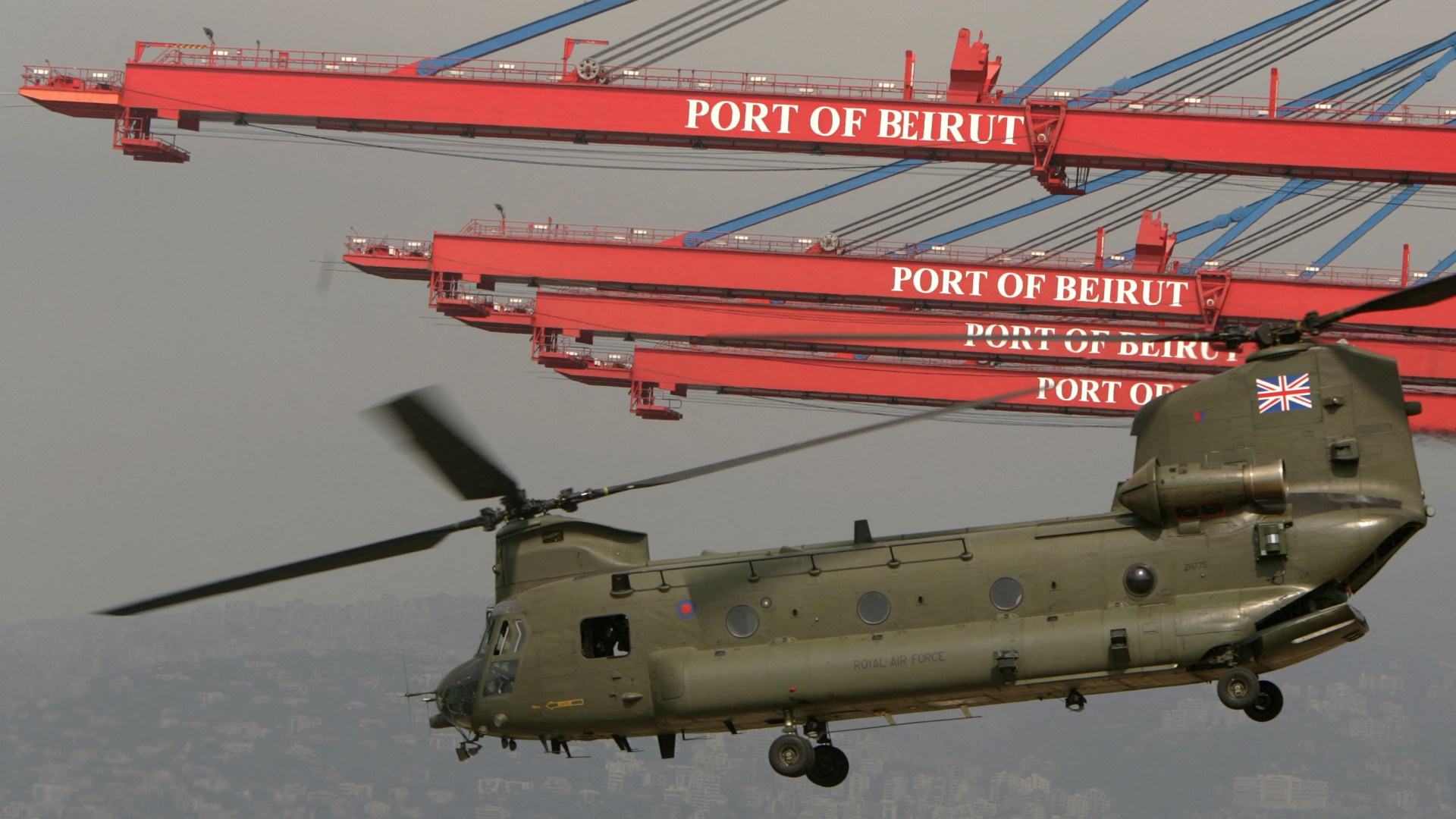






























































































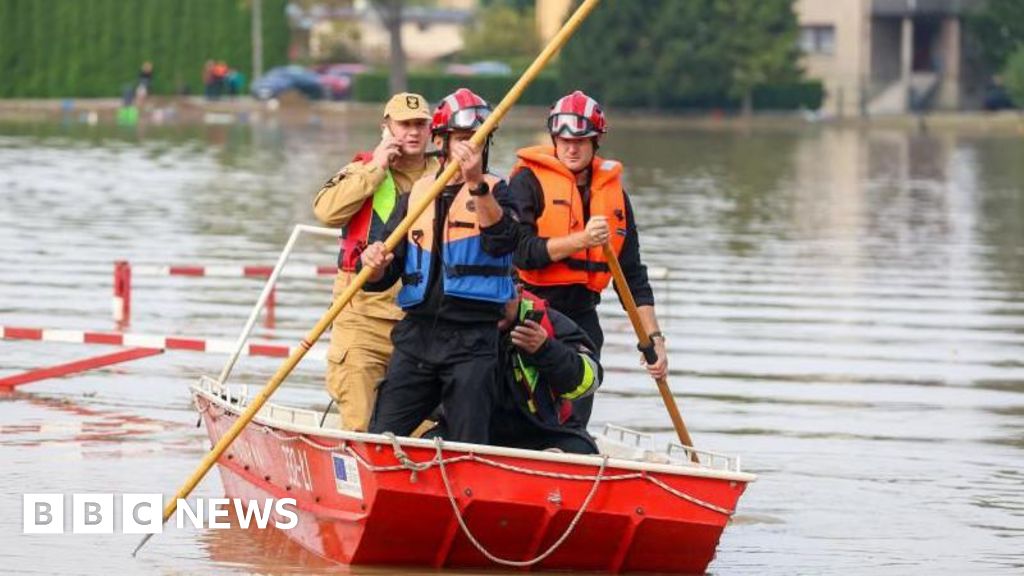
























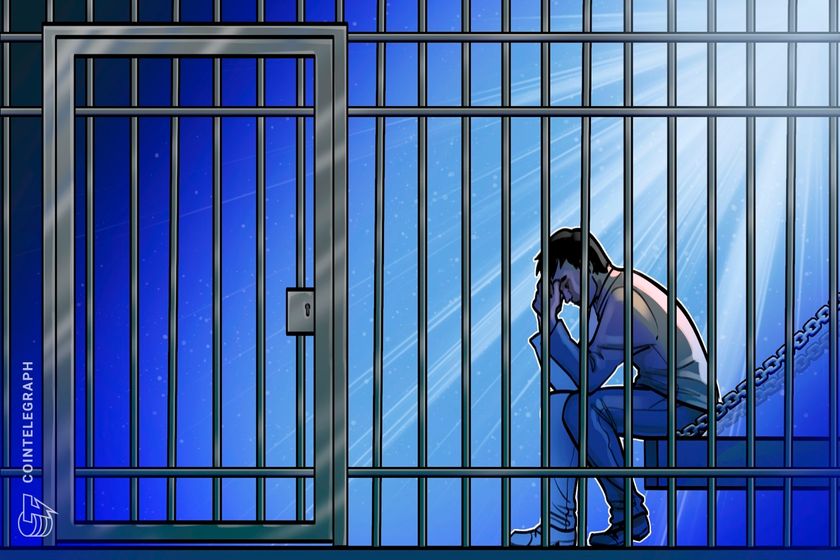









You must be logged in to post a comment Login